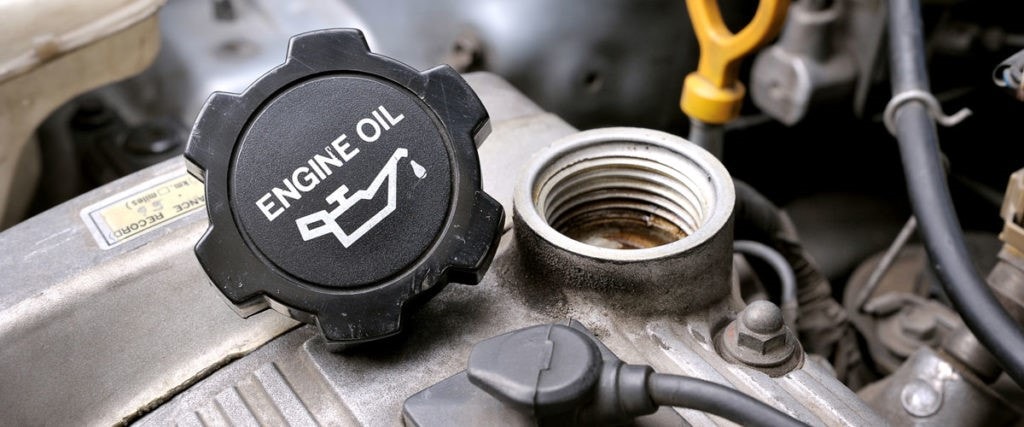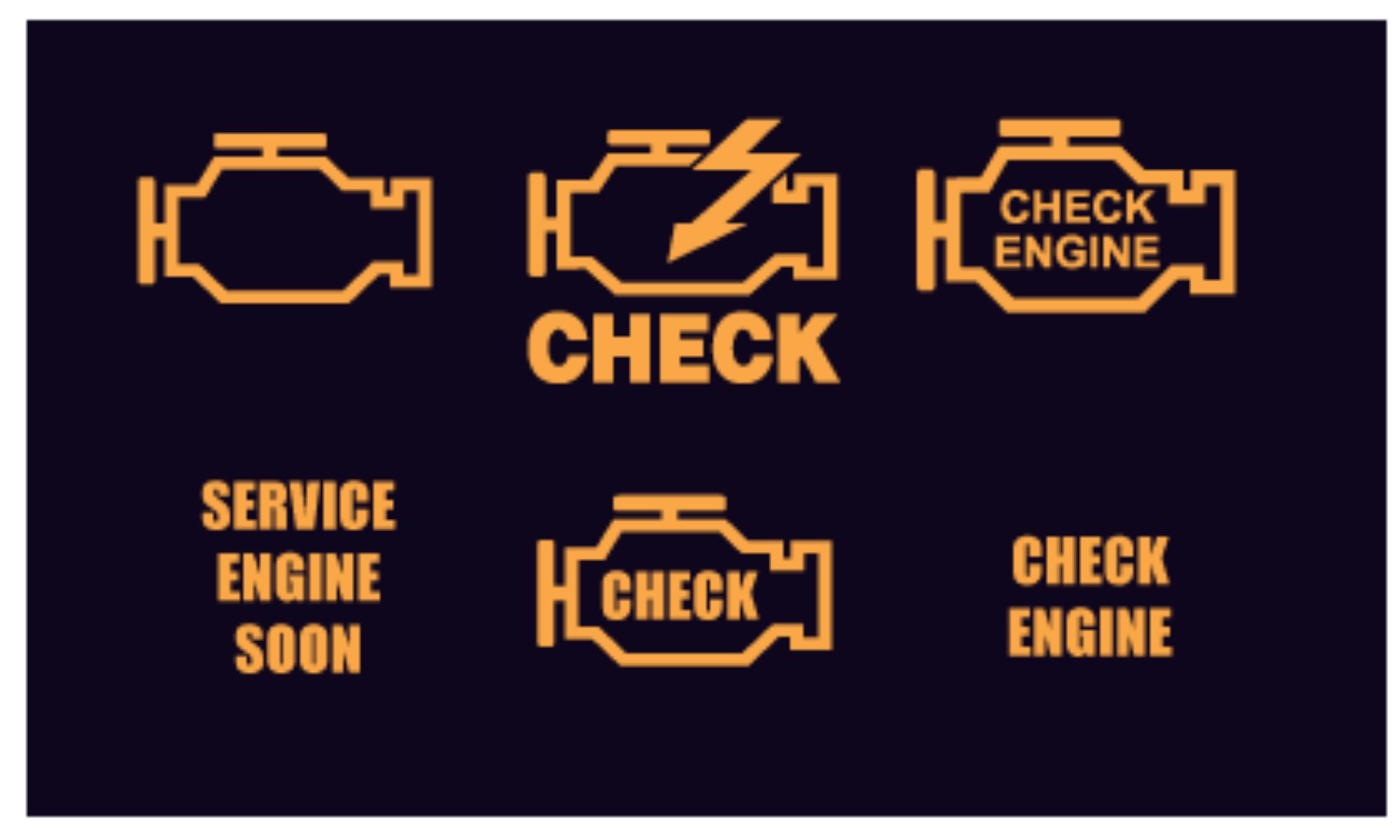Oil is the heart of your vehicle. It offers the proper lubrication and protection that keeps every car running smoothly and efficiently. An oil change is a pivotal part of regular maintenance of your vehicle. You may ask: how does driving around affect how often I will need an oil change? After all, your car is designed for driving. Here are some of the conditions that will ultimately influence the life of your oil.
Whether your oil lasts or needs changing more often than usual will depend on your driving habits. In ideal conditions, cruising on the highway will allow your oil to stay at the perfect temperature. Fuel and water should not be accumulating under these circumstances. Now, if you are driving at high speeds, your fast acceleration and speeding can raise the temperature of your oil and reduce its viscosity, which will expose the engine to greater wear.
If you drive primarily within city limits, there are also issues that you may encounter that cause you to change oil more often. Frequent starts and stops, which are also common problems on the highway, hurt your vehicle because oil is not able to sufficiently warm up. It may accumulate water and fuel due to prolonged idling. It will cause the build-up of corrosion and sludge.
 A regular oil change is basic vehicle maintenance; driving correctly can ensure that this does not need to happen more often than it normally should.
A regular oil change is basic vehicle maintenance; driving correctly can ensure that this does not need to happen more often than it normally should.
Weather can also affect the oil in your vehicle. At lower temperatures, oil will thicken, and that will reduce pumping efficiency. Thus, it will take longer for your car to reach engine parts so that it can provide the protection and lubrication that it should. On the other hand, warmer conditions can make it harder to keep the motor cool. Engine oils are not designed to perform under high temperatures. These oils will lose the ability to protect the engine’s moving parts as quickly as if they were at optimal temperatures.
You can help to reduce the cost of oil change over time by not pushing your vehicle through unnecessary speeding, stopping, or other demanding conditions. Oils are ultimately designed to operate at higher temperatures and will help keep your engine protected. It will contribute to prolong your engine’s life and help it to run more efficiently.
However, there is something to be said about unpredictability: you cannot always avoid those sudden stops if you have the highway to work each morning. Some conditions simply cannot help. It can be a big help if you are going to pay attention to the status of your engine and when you check the engine oil. Never let this go: your vehicle will suffer for it, and you could lose it prematurely.
